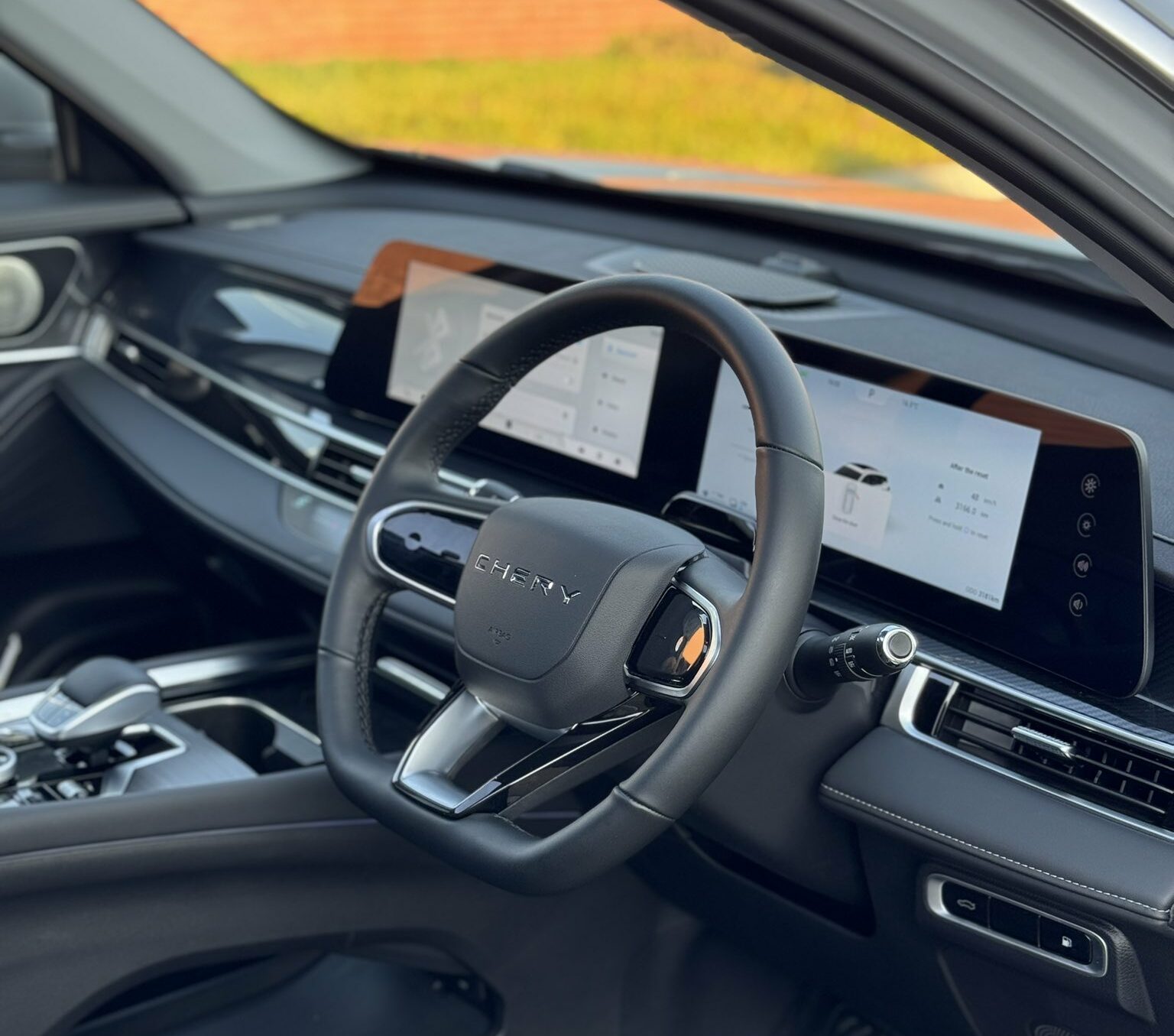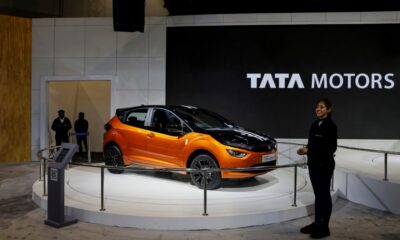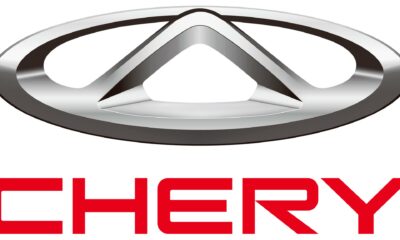Motoring
Too Many Chinese Car Brands? Why South Africa’s Booming Auto Market Could Soon Face a Shake-Up

A Market Flooded With Options
South Africans are spoiled for choice when it comes to new vehicles, but that abundance may come with hidden risks. Chinese car brands have taken the local market by storm, offering feature-packed models at prices that make European and Japanese rivals look steep by comparison.
By May 2025, there were already 41 new Chinese passenger models available in South Africa, with prices ranging from R269,900 to R1.4 million. For many consumers grappling with the cost of living, these cars represent an affordable way to get behind the wheel of something new and modern.
Yet, as industry leaders warn, the explosion of new brands may actually become a problem for the Chinese automakers themselves.
“Cannibalisation” In The Car Market
Incoming Mazda Southern Africa CEO Bonite van der Merwe believes the market may be approaching a point of cannibalisation where too many similar cars compete against each other, weakening the brands rather than strengthening them.
She explained that while major players like GWM and Chery have already earned consumer trust, the newer entrants have yet to prove their staying power.
“The real test will come when these vehicles reach the used-car market,” she said. “That’s when South Africans will see whether they retain value or lose it quickly.”
The Resale Value Question
Van der Merwe noted that the future of these brands hinges on the quality of the cars, the cost and availability of parts, and whether they have reliable service networks in place.
Without that infrastructure, she warned, owners could be left with cars that are costly to maintain and worth very little when sold.
“At the end of the day, the consumer is the one who will be left with the vehicle and the financial burden if they do not have strong residual values or there are issues with after-market parts,” she cautioned.
A Caution From The Used-Car Sector
Echoing her concerns, WeBuyCars CEO Faan van der Walt urged South Africans to be careful when buying from newer, lesser-known Chinese automakers.
“It’s fantastic to have variety, and we’re getting good value for our money,” he said. “However, just as we’ve seen certain European manufacturers try and fail to establish themselves here, some Chinese brands will likely exit the market at some point.”
His advice? Stick to established names until the newcomers demonstrate they can survive long-term.
Government May Step In
The South African government is already paying attention to the rapid influx of imported vehicles. Trade Minister Parks Tau has warned that the rising tide of cheap imports is damaging the local auto industry, which employs thousands and has been struggling to stay competitive.
To address this, government is considering higher tariffs on imported vehicles, which would make Chinese cars more expensive. Officials may also adjust incentives to favour cars and parts made locally.
Changing Tides In China
Meanwhile, back in China, the government is tightening regulations on the discounting practices that helped Chinese automakers expand globally. If these restrictions push prices up, Chinese vehicles may lose their key competitive edge in South Africa: affordability.
A Short-Term Win, But A Long-Term Risk
For now, South African motorists are enjoying more choices and lower prices. But industry watchers warn that in the longer term, questions remain will these new brands still exist in five years? Will spare parts be available? And will today’s affordable Chinese cars hold any resale value tomorrow?
As Van der Merwe put it, the real cost of South Africa’s love affair with Chinese cars may only become clear once the honeymoon period is over.
{Source:Business Tech}
Follow Joburg ETC on Facebook, Twitter , TikTok and Instagram
For more News in Johannesburg, visit joburgetc.com



























